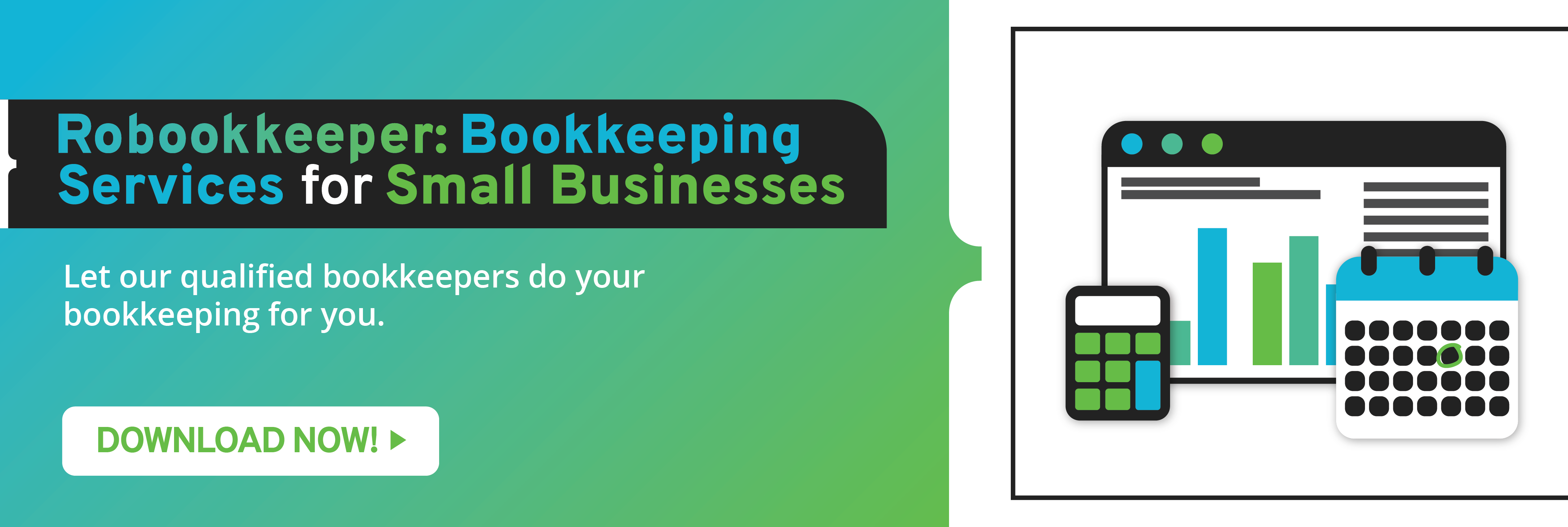Small business owners need every dollar to maintain operations, pay their dues on time, and launch and market products or services. One of the problems that small businesses often encounter is poor cash flow to do all the things mentioned above. They fail to manage cash properly. A possible solution for this is to create and follow a budget.
Here’s how to do a small business budget correctly.
Determine Sources of Income
One of the ways to grow your small business is to have multiple sources of income. Identify these to create a budget that not only addresses today’s needs, but also allows you to plan for the future. Your business model determines the number of your sources of income. Determine which ones generate you the most sales by reviewing your financial statements and weekly reports. A tally of your sources of income enables you to create sales forecasts and provides you with insights as to where you should allocate resources.
Identify Fixed and Variable Costs
You need to allocate money for daily operations and other fixed or variable costs. After identifying sources of income, the next step to consider is determining your company’s expenses.
Fixed expenses are office and/or equipment rental, website hosting (if you use a site for selling products or services), salaries of employees, phone or internet plans, and other utilities you might need. Review your bank statements and reports if these costs remain the same monthly. You can then categorise these as your small business’ fixed costs.
Learning how to do a small business budget means considering variable costs. These expenses change depending on projects you launch, monthly performance and needs, and if you hire part-time staff for seasonal sales upswings. Make a list of possible variable costs, once you identify these you can include these in your budget whenever you need them.
Forecast One-Time Expenditures
Your small business will incur regular variable or fixed expenses. However, you might need extra cash for one-time costs that may boost your company’s sales and reach. You might have to purchase new equipment, build a new store or move into a new office. Include these possible investments in your budget so that you have enough cash to pay immediate dues.
Consider possible one-time expenditures, fixed and variable costs, and sources of income when creating a budget for your small business. Doing so provides you with short and long-term financial flexibility. If you need help with bookkeeping, review our bookkeeping for small business services or send us an email via [email protected].

